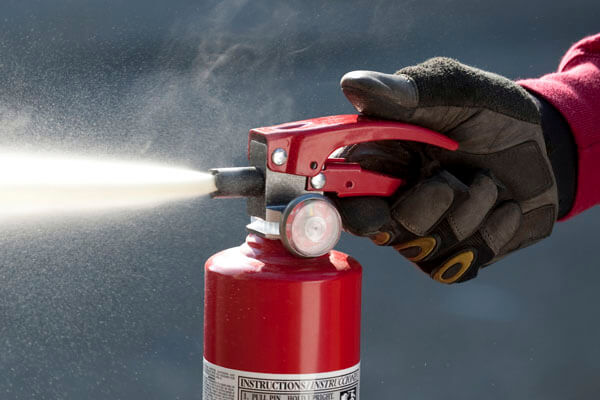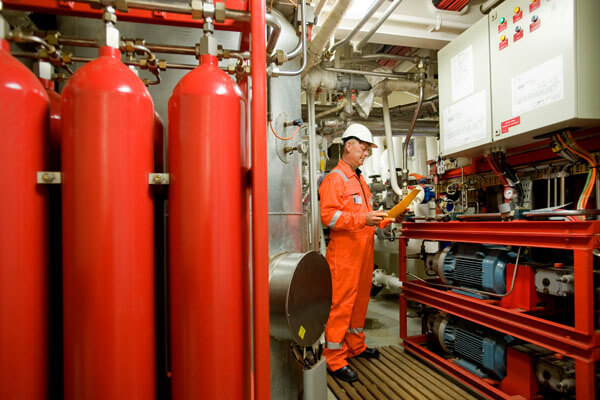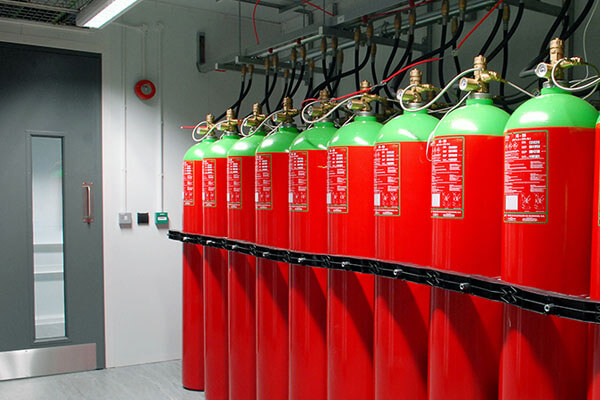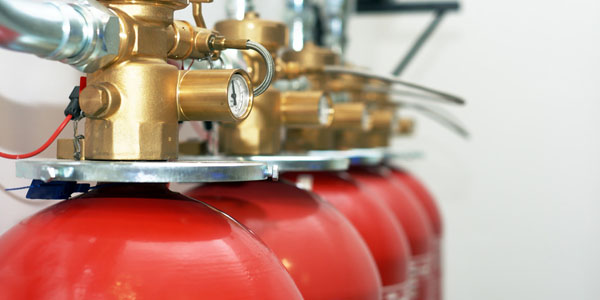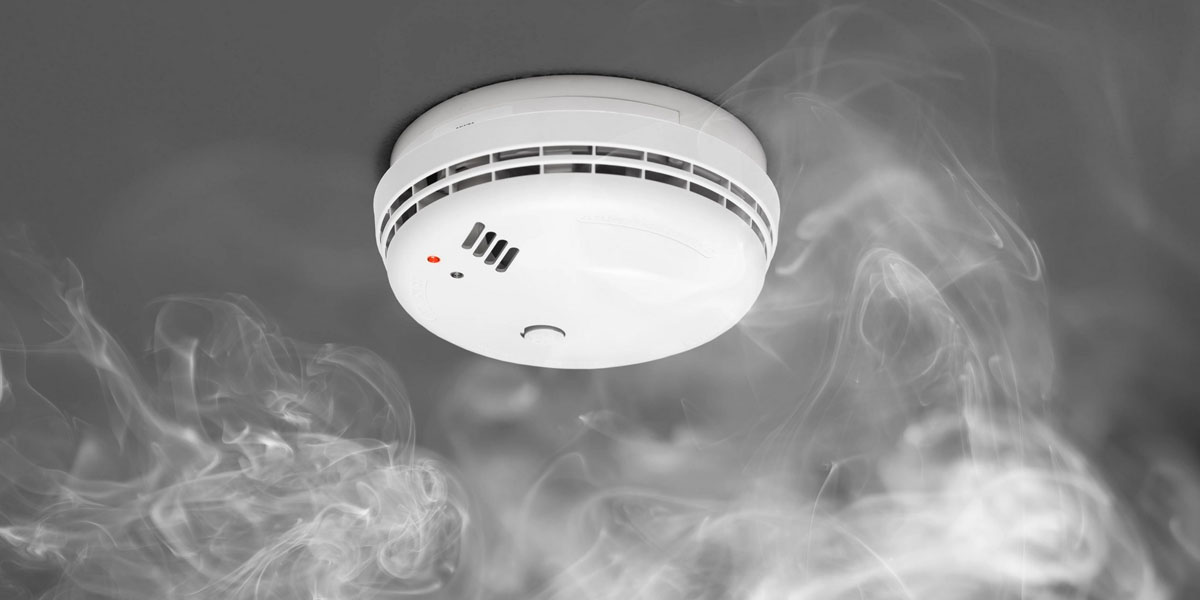INTRODUCTION:
When your safety becomes our priority!
Fire detection systems have emerged as essential tools for early detection and swift response.
In this article, we’ll explore the importance of fire detection systems, discuss their various types, and highlight the advancements that have revolutionized fire safety in recent years.
Importance of Fire Detection Systems:
Fire detection systems serve as the first line of defense against potential fire hazards. By promptly detecting the presence of fire, these systems provide vital warning signals, enabling occupants to evacuate safely and firefighters to respond swiftly. Rapid detection is crucial, as it allows for timely intervention, reducing the risk of injuries, property damage, and even loss of life. Fire detection systems are indispensable in a variety of settings, including residential homes, commercial buildings, industrial facilities, and public spaces.
Types of Fire Detection Systems:
• Smoke Detectors: Smoke detectors are one of the most common and widely used fire detection devices. These devices utilize optical or ionization sensors to detect the presence of smoke particles in the air. When smoke is detected, an alarm is triggered, alerting occupants to the potential fire.
• Heat Detectors: Heat detectors are designed to sense changes in temperature. They can be categorized into two types: fixed temperature detectors, which trigger an alarm when a predetermined temperature threshold is reached, and rate-of-rise detectors, which activate when the temperature rises rapidly within a short period. Heat detectors are especially useful in areas where smoke or dust may cause false alarms in smoke detectors.
• Flame Detectors: Flame detectors are specialized devices that detect the presence of flames by sensing the characteristic light emitted by a fire. They are commonly used in areas where fires can occur without significant smoke production, such as chemical plants or fuel storage facilities.
• Gas Detectors: Gas detectors are vital for detecting the presence of combustible or toxic gases that may precede a fire. These detectors monitor the air quality and trigger an alarm if specific gases surpass safe levels. They are crucial in environments where hazardous materials are stored or processed.
ADVANCEMENTS IN FIRE DETECTION SYSTEMS:
Recent advancements in technology have revolutionized fire detection systems, enhancing their efficiency and reliability. Some notable advancements include:
a) Intelligent Sensors: Modern fire detection systems incorporate intelligent sensors that can differentiate between different types of smoke, heat, or gas sources. This feature reduces false alarms caused by cooking, steam, or other non-fire-related activities, ensuring more accurate detection.
b) Addressable Systems: Addressable fire detection systems provide detailed information about the location of a fire within a building. By pinpointing the exact area of the fire, emergency responders can act swiftly, minimizing response time and directing resources effectively.
c) Integration with Building Automation: Fire detection systems can now integrate with building automation systems, enabling automatic responses such as activating fire suppression systems, closing fire doors, or initiating evacuation protocols. This integration enhances overall safety and minimizes human error.
d) Remote Monitoring and Control: Fire detection systems equipped with remote monitoring capabilities allow for real-time monitoring and control from a central location. This feature is particularly useful for large facilities or multi-site operations, enabling efficient management of fire safety systems across different locations.
CONCLUSION:
Fire detection systems play a crucial role in safeguarding lives and protecting property from the devastating effects of fires. With advancements in technology, these systems have become more sophisticated, offering enhanced detection capabilities, reduced false alarms, and improved integration with other building systems. Investing in reliable fire detection systems is a proactive measure that can significantly minimize the impact of fires, providing peace of mind and ensuring the safety of individuals and communities.
DO YOU HAVE ANY QUESTIONS ABOUT?
Don’t wait to contact us now by sending an email to info@bio-genesis.it! Our experts are at your complete disposal to guide you in choosing the most suitable product for your fire-fighting needs.

